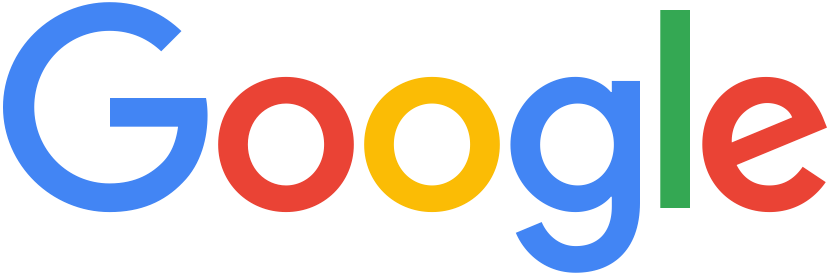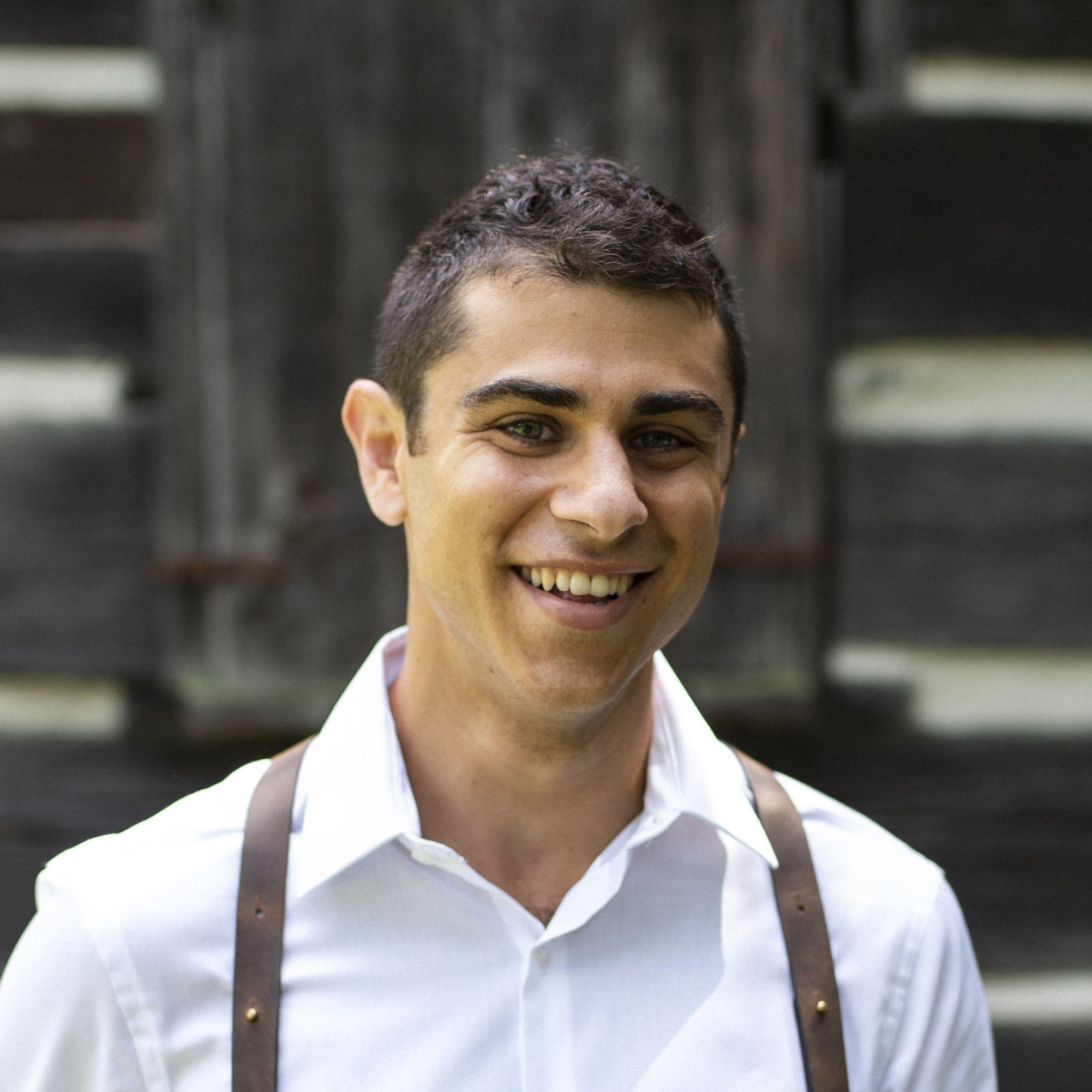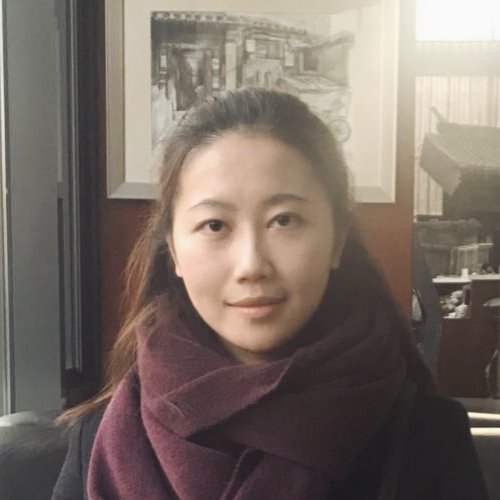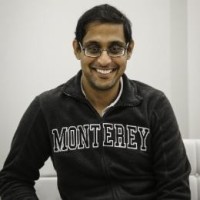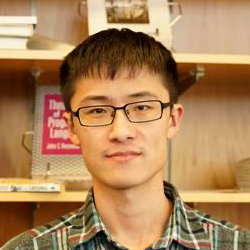Transfer Learning for NLP Workshop 2022
♦ Workshop co-located with NeurIPS 2022 ♦ December 3, 2022 ♦
♦ Theater C, New Orleans Convention Center ♦
♦ Contact: tl4nlp.workshoporganizers@gmail.com ♦
Abstract
Transfer learning has become ubiquitous in natural language processing due in part to the ease of access to large pre-trained language models (PLM). Current transfer learning methods, combined with PLMs, have seen outstanding successes in transferring knowledge to new tasks, domains, and even languages. However, existing methods still suffer from some common weaknesses that restrict their potential applications.
One particular hope for this workshop is to help to answer the question: Can we characterize the transfer behaviors between source and target tasks/domains/languages in terms of their fundamental properties?
A current weakness of transfer learning is the limited understanding of when transfer will lead to performance improvements, or predicting how positive or negative the effect of transfer will be. Although negative transfer is a known issue in transfer learning, multitask learning, continual learning, and domain adaptation, the causes remain unclear. As research efforts scale up to address an ever expanding set of domains, tasks, and languages, understanding positive and negative transfer becomes increasingly valuable.
Another hope we have for this workshop is to help answer the question: Given a specific set of circumstances (task, dataset size, available resources) how can we efficiently and effectively transfer knowledge?
With the ever-increasing size of language models, fine-tuning on downstream tasks becomes increasingly expensive (computationally and fiscally). This can lead to unequal opportunities for the application of such large models. Recent works have proposed prompting and parameter efficient fine-tuning methods to mitigate this risk and ensure equal access for underrepresented groups and languages. However, these methods still lack consistently good performance across different tasks, varying sizes of data resources, and wordings of textual prompts.
Topics
We welcome archival and non-archival submissions on theory and applications that relate to transfer learning in NLP including, but not limited to (see the call for papers for more details):
- Predicting and quantifying transferability
- Characterizing positive and negative transfer
- Modular Transfer Learning
- Parameter-efficient and Computationally Efficient Transfer
- Domain Adaptation
- Task Transfer
- Multitask, Continual, and Meta Learning
- Cross-lingual Transfer
- Robustness and Generalizability
- Datasets and Tasks for Pre-training and Intermediate fine-tuning.
- Inductive Transfer Bias in Model Architectures
- Unsupervised/Self-supervised Learning for Transfer (eg. GPT-3)
- Multitask Learning for zero-shot task generalization (eg. T0, FLAN, etc.)
News
- 07/27/2022: First Call for Papers is out! Check it out here
- 08/01/2022: Now accepting submissions on OpenReview
Important Dates
Sep 22nd AoE: OpenReview submission deadline- Sep 30th AoE: Extended OpenReview submission deadline
Oct 14th AoE: Acceptance notifications- Oct 20th AoE: Acceptance notifications
- Nov 3rd AoE: Camera-ready submission deadline
- December 3rd: In-person workshop
Invited Speakers
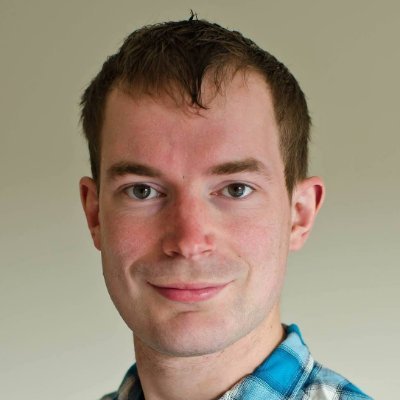 |
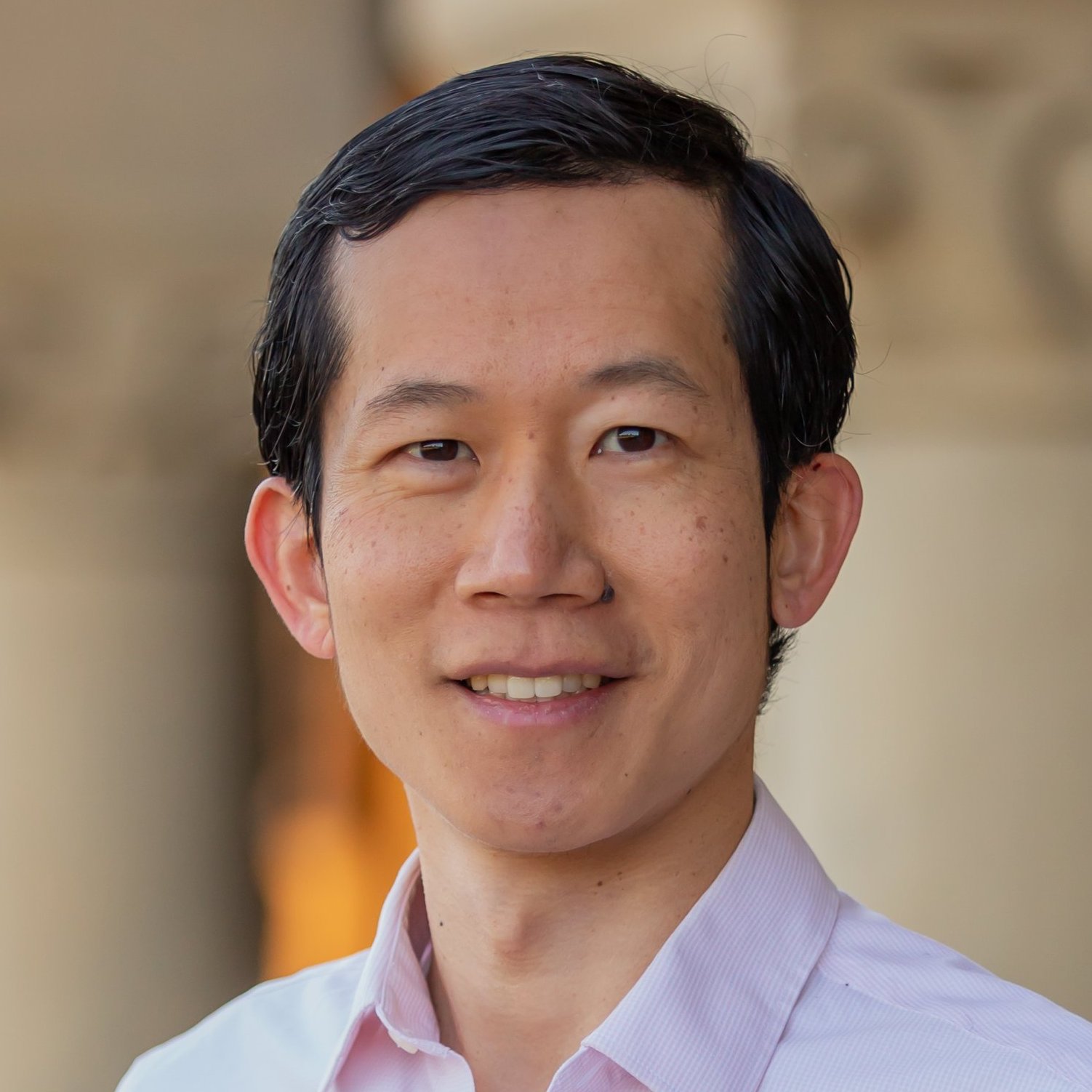 |
 |
| Mike Lewis (FAIR) | Percy Liang (Stanford) | Graham Neubig (CMU) |
 |
 |
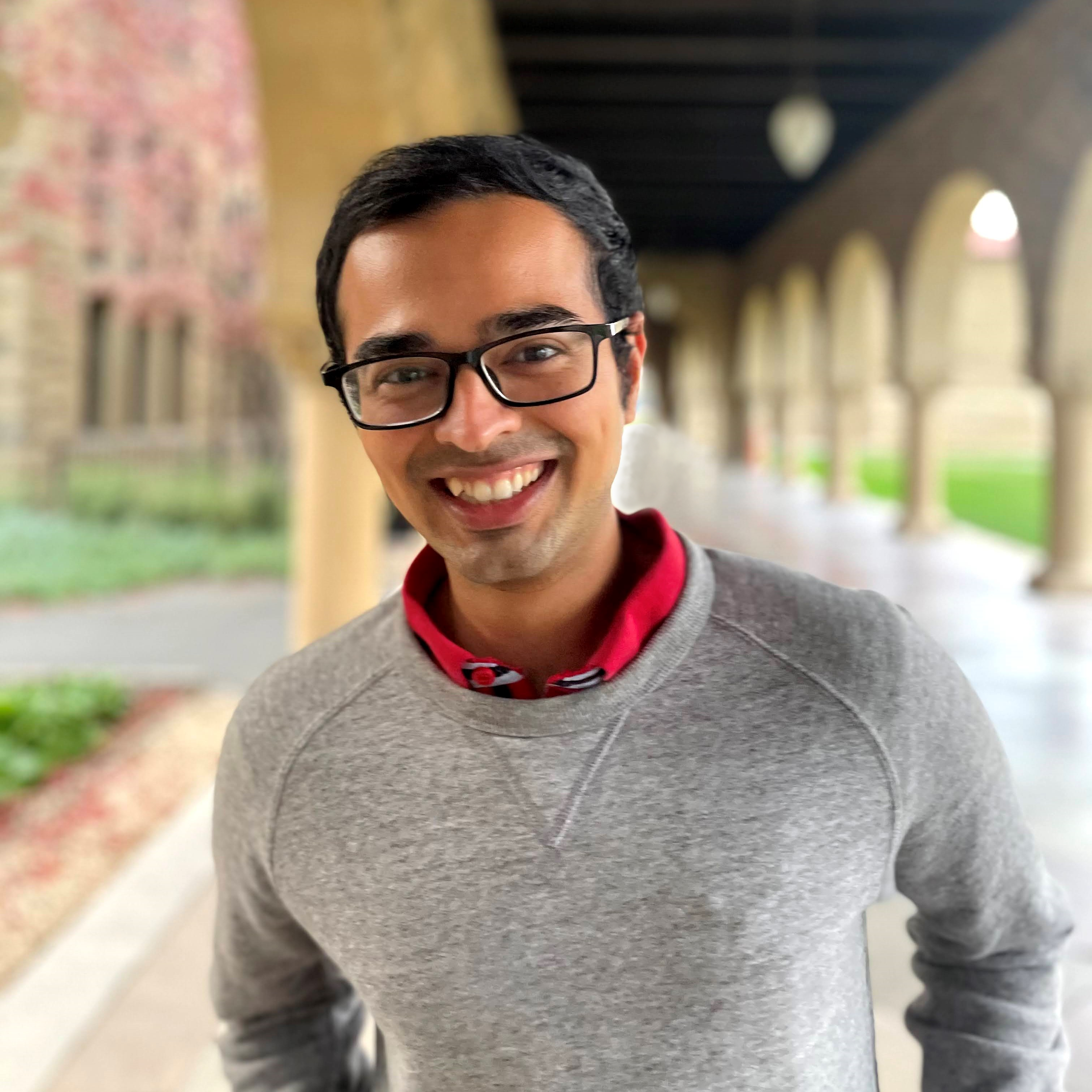 |
| David Adelani (University College London) | Jonas Pfeiffer (Google Research) | Ananya Kumar (Stanford) |
Invited Debaters
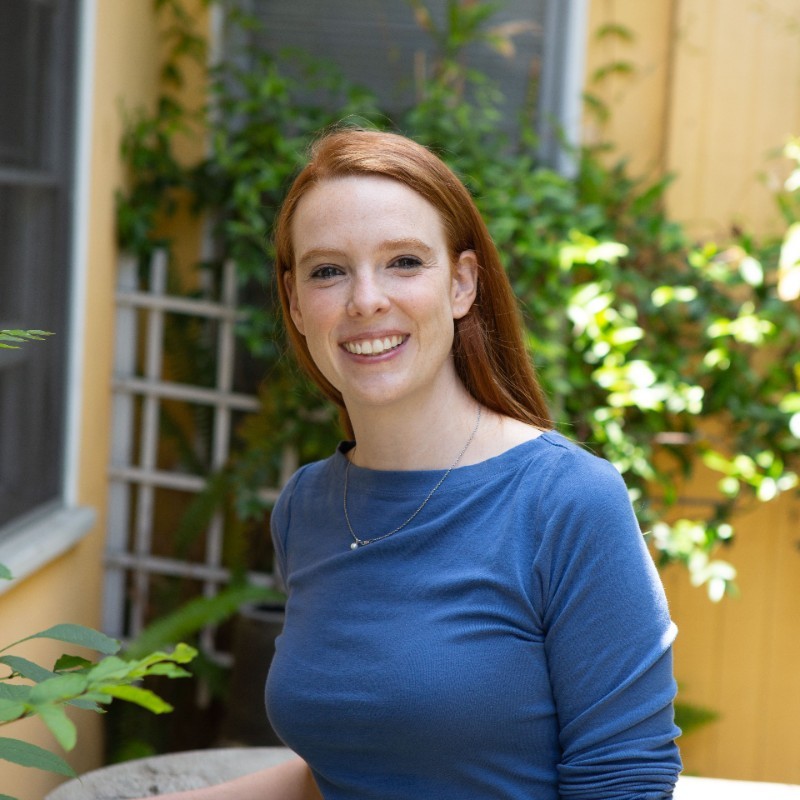 |
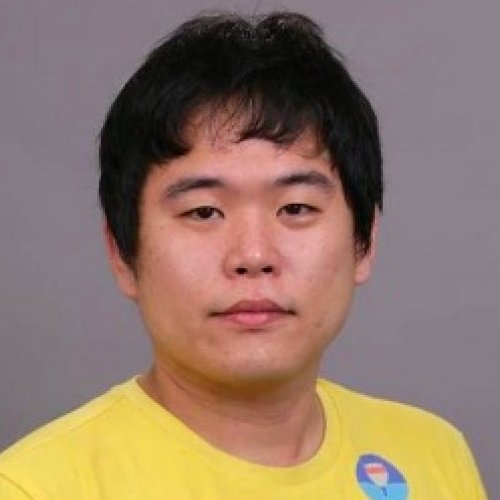 |
| Sara Hooker (Cohere For AI) | Kyunghyun Cho (NYU & Genentech) |
Workshop Organizers
Program Committee
Aishwarya Kamath - New York University
Akshat Shrivastava - Meta
Aleksandra Piktus - HuggingFace
Alfonso Amayuelas - University of California, Santa Barbara
Alham Fikri Aji - Amazon
Chenghao Yang - University of Chicago
David Ifeoluwa Adelani - University College London
Emmy Liu - Carnegie Mellon University
Feng Cheng
Genta Indra Winata - Bloomberg
Hao Zhu - Carnegie Mellon University
I-Hung Hsu - University of Southern California
Ivan Vulić - University of Cambridge
Jason Phang - New York University
Jiao Sun - University of Southern California
Jonas Pfeiffer - Google Research
Jun Yan - University of Southern California
Junxian He - Carnegie Mellon University
Kexun Zhang - University of California, Santa Barbara
Kris Cao - DeepMind
Mengzhou Xia - Princeton University
Michael Saxon - University of California, Santa Barbara
Michihiro Yasunaga - Stanford University
Mozhdeh Gheini - University of Southern California
Nicholas Lourie - AI2
Nuan Wen - University of Southern California
Patrick Fernandes - Carnegie Mellon University
Phillip Rust - University of Copenhagen
Prateek Yadav - University of North Carolina, Chapel Hill
Qinyuan Ye - University of Southern California
Shamsuddeen Hassan Muhammad - Bayero University, Kano
Tianyi Zhang - Stanford University
Trapit Bansal - OpenAI
Tu Vu - University of Massachusetts, Amherst
Vamsi Aribandi - ASAPP
Weixi Feng - University of California, Santa Barbara
Xi Ye - University of Texas, Austin
Xiang Kong - Carnegie Mellon University
Xiang Lisa Li - Stanford University
Xin Xu - Google Research
Xinyi Wang - Carnegie Mellon University
Zhisong Zhang - Carnegie Mellon University
Zhiyu Chen - Meta
Zi-Yi Dou - University of California, Los Angeles
Platinum-Level Sponsor
